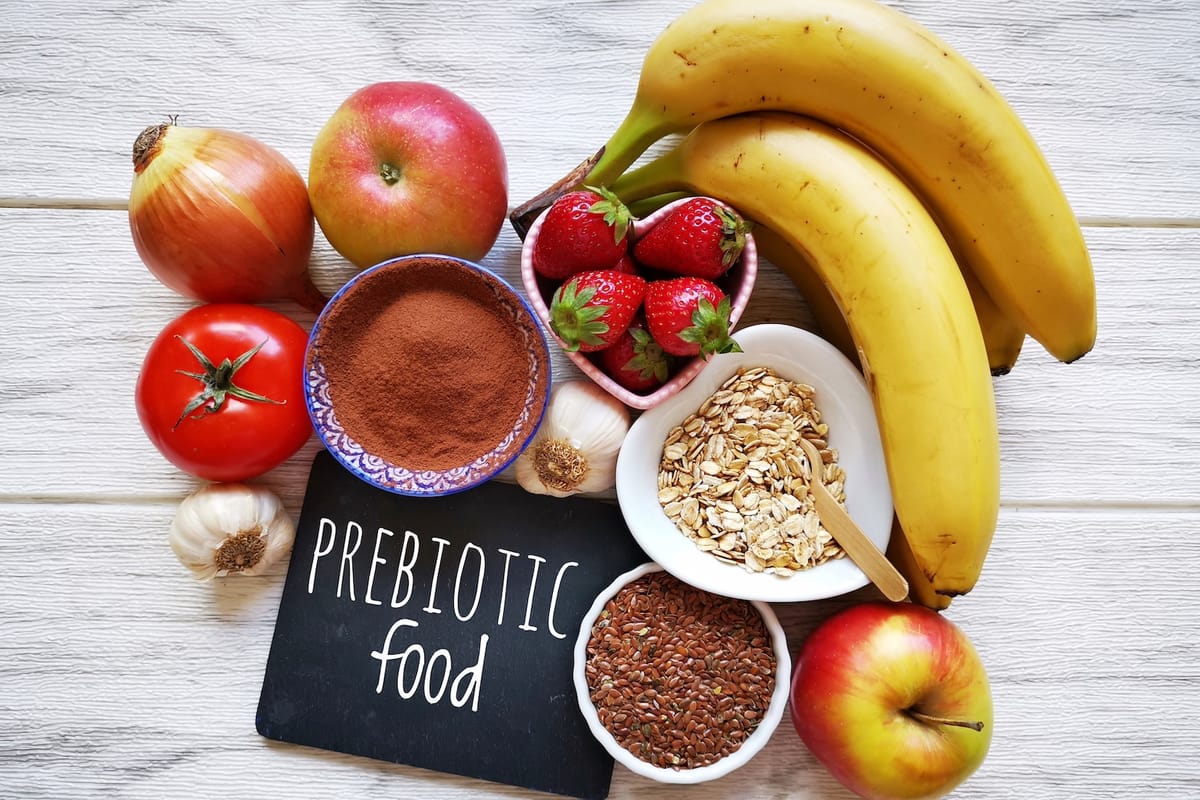

The Interconnected World of Gut Health and Sleep
The human body is home to trillions of microorganisms, with the majority residing in the digestive system, collectively known as the gut microbiota. These microbes are not just passive residents; they actively influence our well-being in various ways, including our sleep patterns. For individuals struggling with sleep issues, whether it be insomnia, snoring, or simply finding it hard to get a good night's sleep, research has shed light on how bacteria in the gut may play a crucial role.
Studies have shown that the types and quantities of bacteria in the gut can significantly affect sleep quality. For instance, certain bacteria such as Lachnospiraceae UCG004 and Odoribacter have been found to promote longer sleep durations, while others like Selenomonadales and Negativicutes may increase the risk of insomnia. Additionally, individuals with an evening chronotype, often referred to as night owls, might have this trait due to the presence of specific gut bacteria such as Enterobacteriaceae or Anaerofilum, which have also been linked to obesity.
The Impact of Gut Bacteria on Sleep Patterns
The relationship between gut bacteria and sleep is complex and bidirectional. Research has indicated that increased microbiome diversity is correlated with longer sleep times and better sleep efficiency. This means that a diverse gut microbiota can lead to improved sleep quality and duration. Specific types of bacteria have been associated with increased sleep efficiency, while others are linked to poorer sleep quality. For example, Ruminococcus torques has been linked to an increased risk of snoring, particularly in individuals with obesity, whereas Senegalimassilia may decrease this risk.
The Role of Serotonin in Sleep Regulation
Serotonin, a neurotransmitter involved in regulating the sleep cycle, is also influenced by the gut microbiome. Studies involving mice have shown that those with severely reduced gut bacteria due to antibiotics had lower serotonin levels and disrupted sleep cycles. This underscores the critical role the gut microbiome plays in controlling serotonin levels and thereby affecting sleep.
Dietary Influence on Gut Microbiome and Sleep
The amount of fiber in a person's diet can significantly affect the abundance of beneficial bacteria in the gut. Foods high in fiber, such as vegetables, support the growth of beneficial bacteria like Lachnospiraceae and Odoribacter. Prebiotics, found in these foods, enhance the growth of these beneficial microbes, while probiotics, found in fermented foods like yogurt and sourdough, introduce healthy bacteria directly into the body. A diet rich in prebiotics and probiotics can help maintain a healthy and diverse gut microbiota, which in turn supports better sleep and overall well-being.
Stress Resilience and Gut Health
Stress exposure can disrupt sleep patterns and cause gut microbial imbalance, or dysbiosis. Preclinical studies have shown that stress can affect the diurnal rhythms of the microbiome, leading to sleep disturbances. Maintaining a healthy gut microbiome can help mitigate the effects of stress on sleep. Less stress generally equals a healthier microbiome, which in turn improves sleep quality.
Hydration and Gut Health
Adequate hydration is crucial for both gut health and sleep. Drinking enough water helps maintain the balance of the gut microbiome and supports overall digestive health, which can lead to better sleep quality.
Lifestyle Changes to Improve Sleep Through Gut Health
Improving sleep quality through gut health involves several lifestyle changes. Maintaining a balanced diet rich in fiber and including prebiotic and probiotic foods can support a diverse gut microbiota. Reducing stress through relaxation techniques and ensuring adequate hydration are also important. By nurturing a healthy gut microbiome, individuals can pave the way for more restful nights and improved overall well-being.
The Future of Personalized Gut-Based Treatments
While further research is needed to fully understand the relationship between gut health and sleep, the potential for personalized, gut-based treatments to improve sleep is promising. These treatments could be tailored to an individual's specific gut microbiota, offering a innovative approach to addressing sleep issues.
Empowering Your Health
By understanding the intricate relationship between the gut microbiome and sleep, individuals can take proactive steps to improve their sleep quality. This knowledge empowers us to make informed choices about our diet, lifestyle, and overall health, leading to better sleep and enhanced well-being. Feeding the gut microbes well could indeed lead to a reduction in sleep issues and improved mood, highlighting the importance of a healthy gut in our overall health strategy.
Unlocking Better Sleep
The gut microbiome plays a significant role in regulating sleep patterns. By maintaining a diverse and healthy gut microbiome through dietary choices, hydration, and stress management, individuals can significantly improve their sleep quality. This holistic approach to health underscores the interconnectedness of our bodily systems and the importance of nurturing our gut health for better sleep and overall well-being.
Dues are $12 per year. Member benefits:
✅ Ad-Free Website Viewing
✅ Advocacy for Republican Seniors
✅ 120+ Senior Discounts
✅ Member Only Newsletters